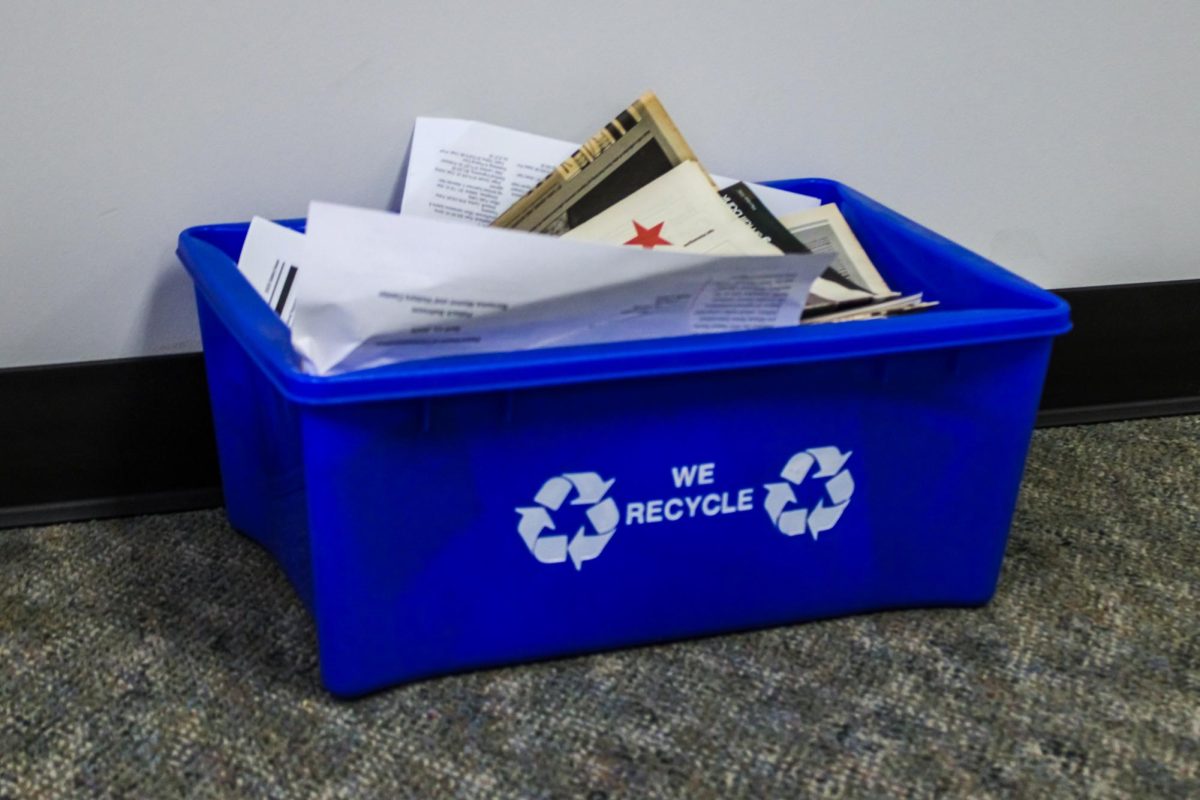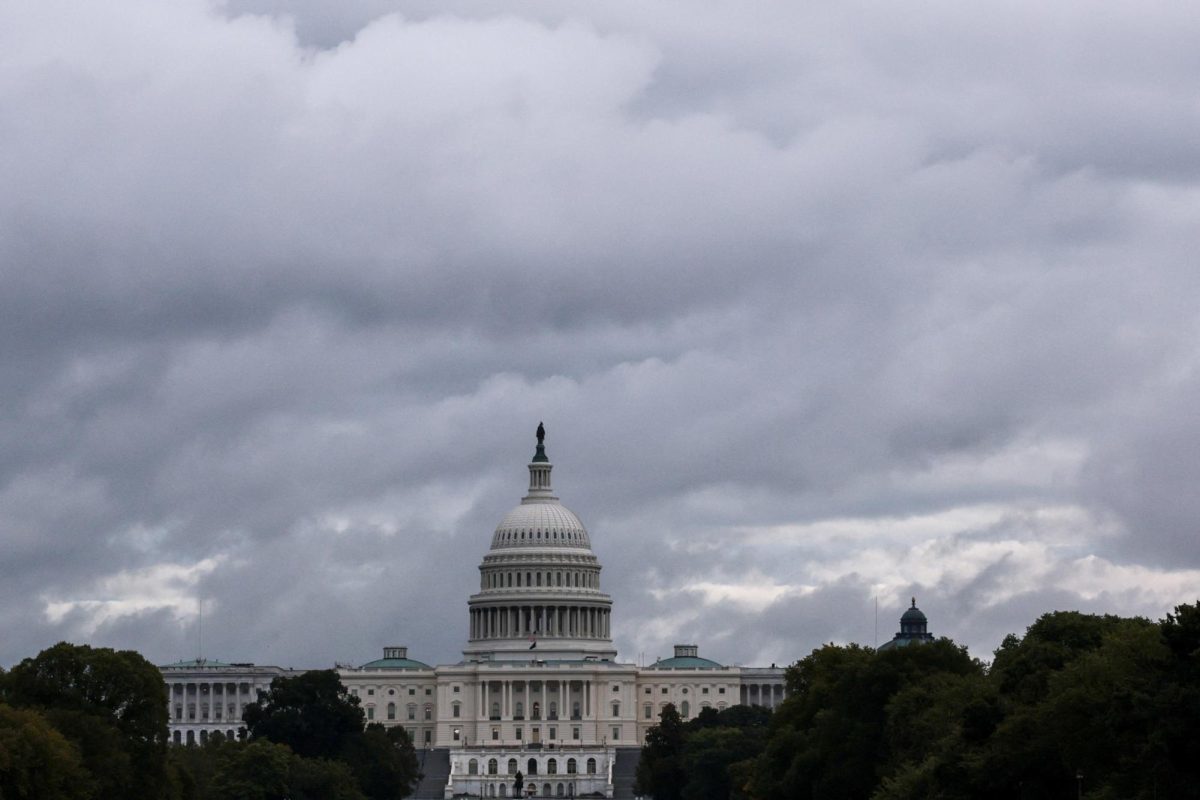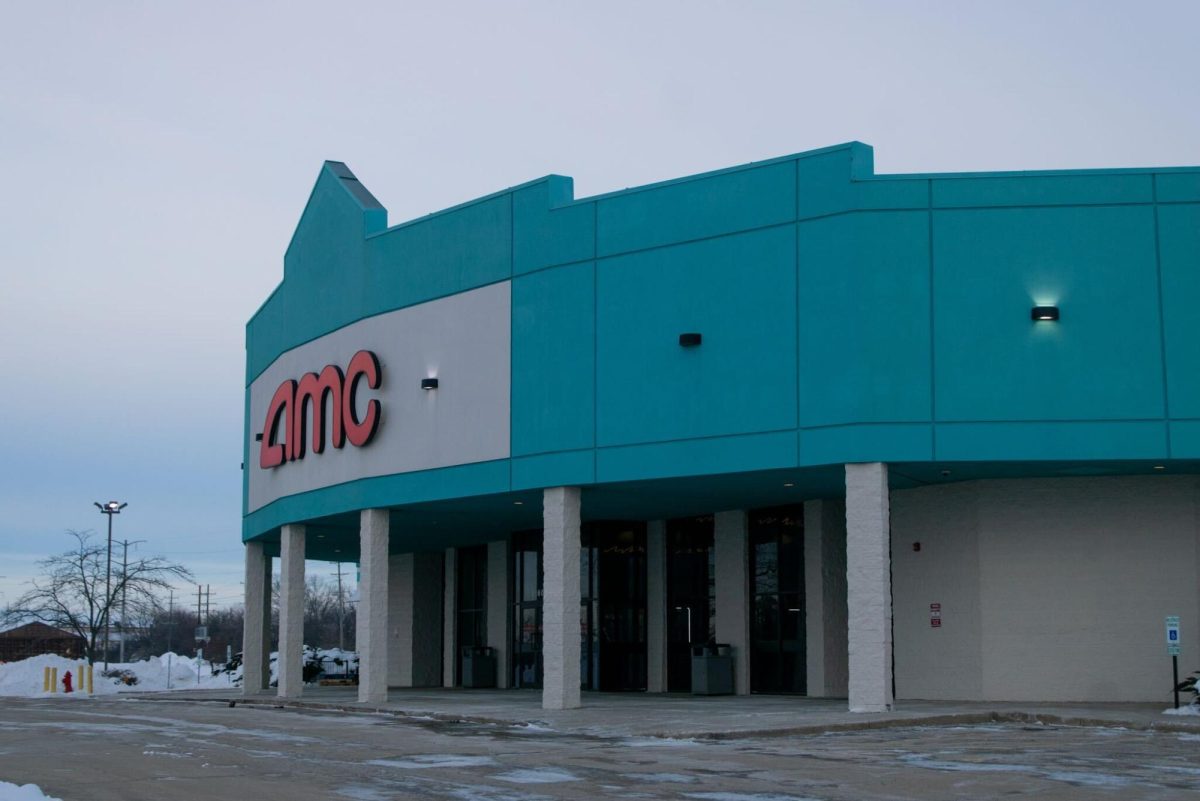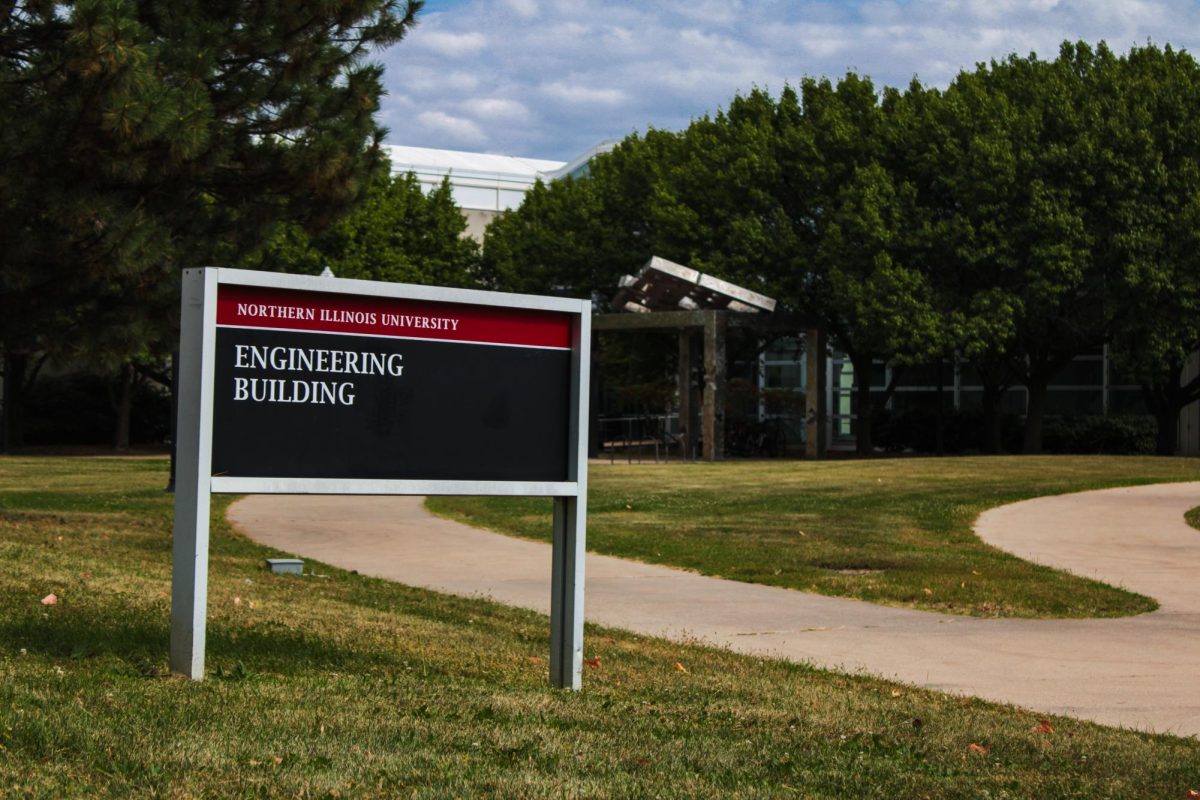Elon Musk, co-head of Donald Trump’s planned Department of Government Efficiency, has suggested that he can cut $2 trillion from the annual budget of the United States. Immense government spending is certainly increasing the national debt, but this prediction sounds too good to be true.
As this story is being written, the U.S. national debt creeps past $36 trillion and the debt-to-GDP ratio is currently 122.85%. The amount of money the U.S. owes is staggering, and this has caused some concern in the nation.
A high national debt has economic consequences, such as reduced economic growth, reduced government ability to respond to emergencies and the risk of a fiscal crisis, such as a massive devaluation of the dollar.
Moreover, a default would be a disaster; many basic functions of the country would cease, unemployment could rise sharply and the economy could shrink.
Methods to reduce the debt have been proposed, such as cutting spending and reforming programs, as well as increasing economic growth to outpace the growth in debt.
Jeremy Groves, chair of the NIU Economics Department, said economists don’t know how much debt will cause a crisis, however.
“I think the (economic) growth is good, but if we are also seeing a growth in the debt, then eventually you’re going to see a crisis,” Groves said. “What makes that (whether growing the U.S. economy could prevent a crisis) a challenging question is, we unfortunately don’t know what the magic number is, right? We don’t know where that cliff is. And so that’s why I say generally, when you are experiencing economic growth, you want to make sure that that debt is not necessarily getting larger. By allowing that debt to get larger, you are getting closer to that cliff. Whatever that cliff is, we just don’t know what that magic number is. So it’s really hard to say, yes, you can grow yourself out of a debt or no, you can’t.”
Carl Campbell, an NIU economics professor, is also unenthusiastic regarding reform.
“Reform, I guess, would involve some kind of reduction, and obviously that would have social consequences,” Campbell said. “And a lot of the things that the government spends money on are things that are really, you know, it has little control over, like Medicare or Medicaid spending, Social Security payments, so a lot of the budget’s sort of outside of the government’s control.”
The costs the government can trim without consequences to U.S. society are miniscule compared to the scale of the overall budget.
“The problem when you start getting into things like social securities, the welfare system, the social safety net system and health care, you might be able to trim a little bit here and there. Those are always programs that people point to,” Groves said. “However, if you look at them relative to the size of the overall budget, they’re not huge, right? Military spending, tax credits, those are all things that take up more of the budget than individual savings that you’re going to get here and there by reforming those policies, and then you have the issue of, you know, the health care issue is such a large complex system that I’m not convinced there’s any easy reform for that.”
Groves and Campbell echo the same, unhappy, but likely necessary answer: raising taxes is the most direct way to raise revenue and reduce the deficit.
“Typically, given the place that we are right now, really the best solution would be to increase taxes, at least to some level, allowing us to stop growing the debt. That’s going to be the more direct way of solving the problem, is just getting more revenue,” Groves said. “Obviously, you can’t raise your taxes to a point that you then stifle the economy, that’s always a challenge, but it is something that is going to generate revenue faster and a more predictable source of revenue than trying to either grow your way out of it or chip around at social programs.”
Neither political party is eager to raise taxes. In the 2024 presidential race, Kamala Harris’ campaign proposed raising taxes for the wealthy, while Donald Trump’s promised to cut taxes instead.
Neither candidate campaigned on raising taxes for the average citizen. Even so, this is the best option the U.S. has for reining in its runaway debt.
Unfortunately, it seems that Americans need to accept that things have to get worse before they can get better.




















